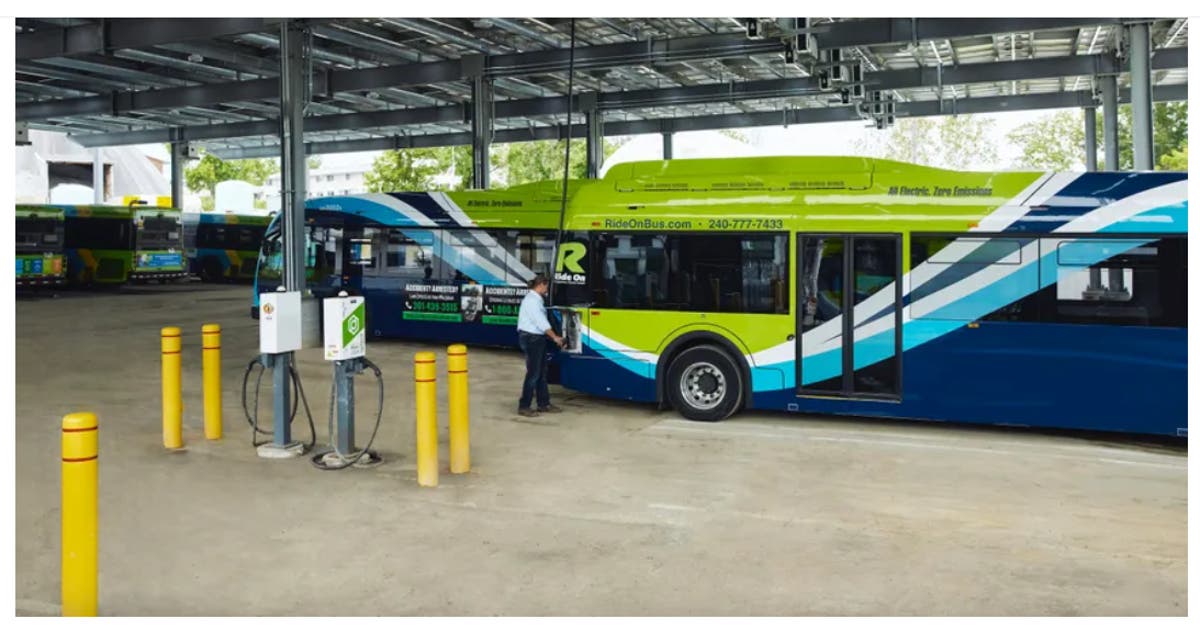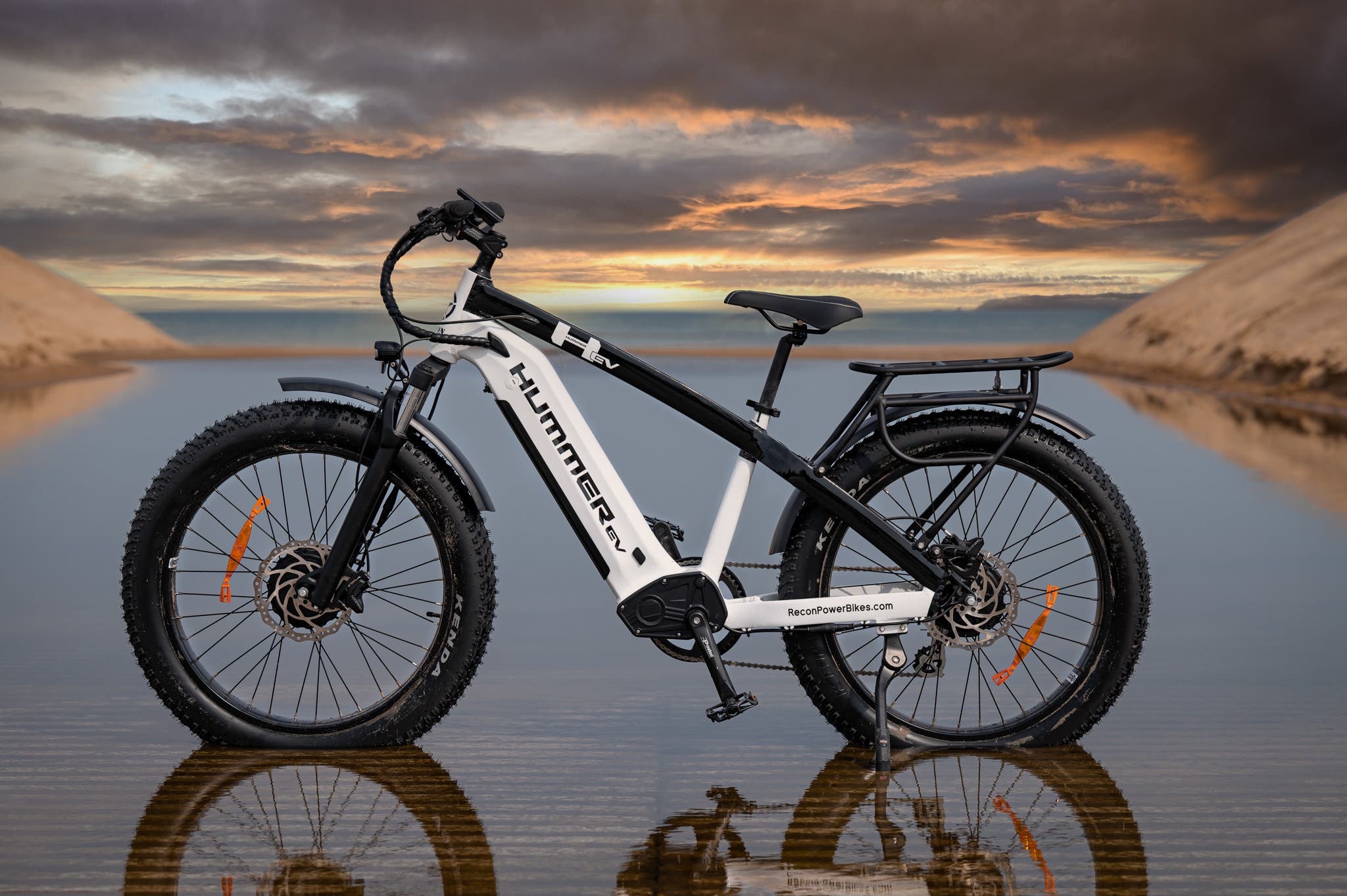Many individuals don’t understand heat pumps. How is it possible to keep people warm in the winter with something that resembles an air conditioner? Maine is on track to meet its goal of installing 100,000 heat pumps in the next three years. Residents of Maine installed 27,000 of them last year. Currently, oil furnaces heat nearly 60% of all households in Maine, one of the highest rates in America. And there are a lot of carbon emissions from all those furnaces.
Maine’s winters may not be the worst in the country, but they come close. Old-timers from Maine often say that their climate consists of 10 months of winter and 2 months of dreadful sledding. Outside of big places like Portland, people have a tendency to be leery of novel ideas, and this is also true of heat pumps.
In order to allay those worries, Efficiency Maine ran an experiment last winter to investigate if heat pumps could maintain a pleasant temperature inside homes in Maine even while the outside temperature dropped to -20 F. Since a heat pump cannot produce heat when the temperature dips below zero, many people who own heat pumps nowadays also own an oil furnace.
Efficiency If citizens of the state are going to use heat pumps as their only source of heating, Maine is aware that it needs to dispel that notion. During the previous heating season, heat pumps were used in place of oil furnaces in 19 residences, 10 mobile homes, and 9 traditional wood frame dwellings. Homeowner responses were overwhelmingly favorable. According to a report by Energy News , the homeowners appreciated the evenness of the heat and claimed that their heat pumps kept them pleasantly warm even when it was very cold outside.
According to Michael Stoddard, executive director of Efficiency Maine, “We’re confirming our expectation that they function in cold regions and will keep you comfortable throughout the entire winter.” The heat pumps must be utilized to their greatest potential.
Efficiency of HEAT PUMPS Passes the Test Additionally, Maine conducted case studies to evaluate the efficacy of 10 homes that already had heat pumps as their main source of heating. They utilised a variety of heat pump systems and ranged in size, age, and construction type. Additionally, they featured a variety of backup system types, including kerosene, propane, electric, wood, and oil. From February through June of 2021, the participating homes were metered so that researchers could learn how much energy was utilized, how well the systems worked, and how inside temperatures fared as temperatures dropped outside.
Seven of the ten residences did not require the backup heating during the research period. The indoor air temperatures fluctuated little during the day as the outside air temperature did, eliminating the temperature swings that are frequently brought on by fossil fuel furnaces. All participants stated that they were satisfied or extremely satisfied with the way their heat pump systems performed throughout the research period.
Among the pleased clients were George Hardy and his wife Catherine from Dexter, Maine. Last winter, he claimed, it dropped to 21 below zero here. The heat pumps were fine, which was a relief to me. We were heated by them. When they enrolled in the pilot program, the Hardys’ 1890s-era house already had one heat pump. Their former oil-fired forced hot air system was replaced by a second heat pump that was given to them.
They claimed they had nothing but positive things to say about the whole situation. The most expensive months of the year for heating, from November through April, they spent a total of $1,000 on power. In contrast, even at the significantly lower heating oil costs from last winter, heating a home with an oil furnace for a whole year would have cost more than $3,000.
They now have access to air conditioning throughout the warmer months, and their heat is consistent and reliable. Because I know it won’t cost us anything, I don’t hesitate to leave it on in the summer, Catherine Hardy said.
Readers with keen eyes will notice that the fuel oil expenses were anticipated over a 12-month period whereas the power use was calculated over a 6-month period. Therefore, there is some room for error when comparing the two heating sources side by side. But keep in mind that the Hardys’ total electricity usage, not simply that for their two heat pumps, is included in their utility bill. According to the findings, utilizing new technologies to heat homes can help homeowners save a lot of money.
SKEPTICISM CONTINUES. Although interest in heat pumps and other alternative heating systems has undoubtedly grown recently, according to Melanie Merz, executive officer of the Home Builders and Remodelers Association of Maine, the market isn’t quite ready for widespread adoption of heat pumps. According to her, consumers are still hesitant to accept such cutting-edge equipment and are concerned about heat pumps’ performance during Maine’s severe winters.
She continued by saying that even while there is evidence that heat pumps save money in the long run, builders are often concerned with making their homes appealing to purchasers, and the greater upfront cost of heat pumps can be a disincentive. Thoughtfully, we are all aware that an investment will eventually pay off, but are we willing to forego sticking with tried-and-true goods? Merz queried. I don’t believe the market has reached a tipping point of any kind.
While it appears likely that Maine will install 100,000 new heat pumps over the next three years, whole house adoption needs to increase significantly if the state is to significantly reduce its home heating emissions. According to Stoddard, achieving that objective will require educating consumers and persuading more contractors to advise clients to choose heat pumps.
He continued by saying there is indication that the market for new homes is already undergoing some change. Currently, about two out of every ten new houses being built in Maine are all-electric, but more needs to be done, according to the expert, to persuade consumers and home builders that heat pumps are both economical and environmentally responsible. They will naturally continue doing what they have done in the past because they know it works. He described it as a type of cultural transformation.
THE CONCLUSION We who are familiar with the EV revolution are well aware of how challenging it is to alter behavior. Many of us had never flown in an airplane before. We had never used a microwave before. Prior to it, we had never used a cell phone. Prior to the advent of streaming services, many of us watched TV via cable.
It’s likely that new house purchasers in Maine will insist on heat pumps long before builders are aware of a change in public opinion. Who wants to invest in a new home and be obligated to shell out more money for heating than is necessary for the following 20 years? Does anyone insist that contractors use outdated single-pane double-hung windows with sash weights or skip the insulation to save a few dollars? Obviously not.
The switch won’t happen overnight, but it will happen far more quickly than Melanie Merz and the Maine home builders may have anticipated as word spreads that heat pumps can be used in the winter in Maine and save homeowners a lot of money on their heating expenses.
Do you value the unique reporting and cleantech news coverage on CleanTechnica? Consider becoming a patron on Patreon or a CleanTechnica Member, Supporter, Technician, or Ambassador. Don’t miss a cleantech story, will ya? Register for daily news updates from CleanTechnica by email. Or follow us on Google News Want to advertise with CleanTechnica, send us a tip, or propose a speaker for our podcast CleanTech Talk? You can reach us here.







